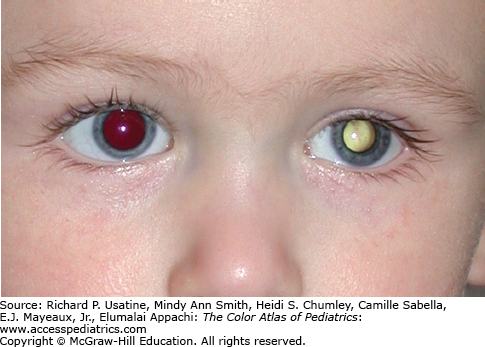Concussion Recovery Delayed in Children
Concussion symptoms can last for days to months but a new review published in the Journal of the American Osteopathic Association finds that younger children often suffer significantly longer than teens or adults.
Researchers found that while concussion symptoms, like headache and dizziness, may last on average about a week in adults, for children younger than 13, that recovery time is closer to four weeks … three times longer. Children with ADHD, depression and anxiety may also experience more prolonged symptoms.
Watch more here: Review Says Children Suffer From Concussion Longer Than Adults



